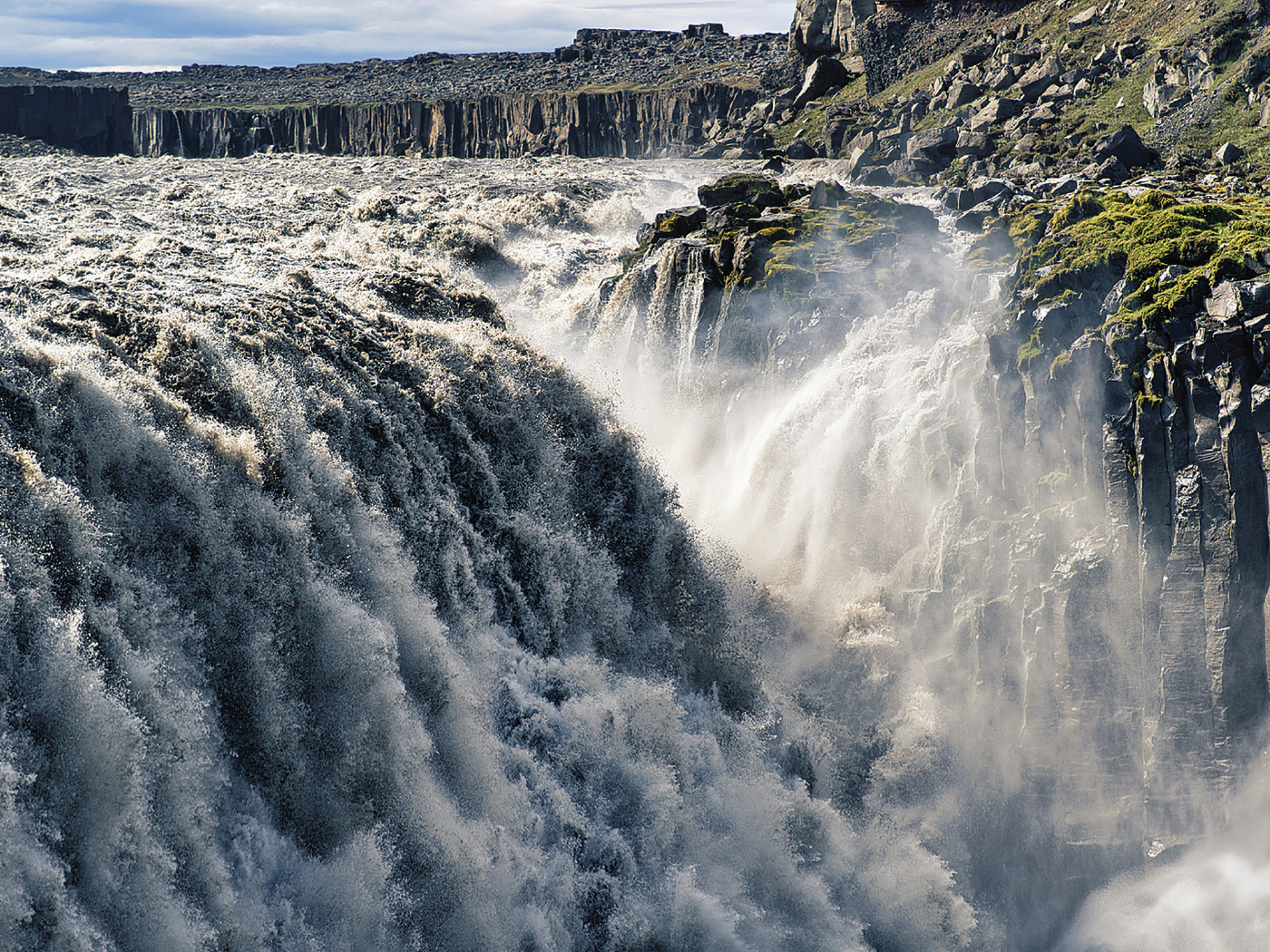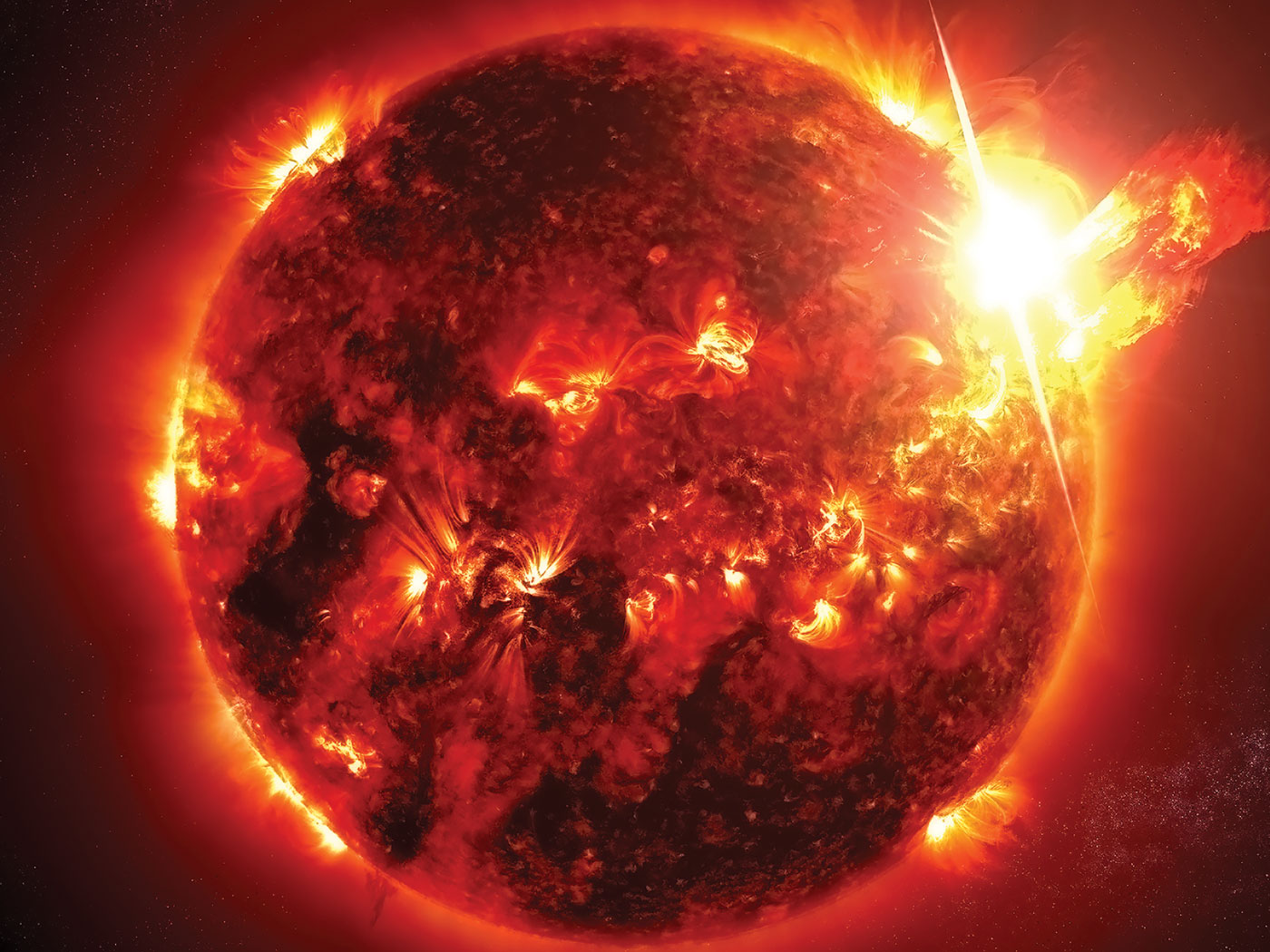In 2008, an extensive international effort was begun to sequence in unprecedented detail over 1,000 representative human genomes from around the world. The results of three preliminary pilot projects were published in October 2010—one of which uncovered a result that points to a youthful age for the human race.
In this pilot project, researchers examined in great detail the DNA base sequences from two families, including the mother, father, and child of each. A summary of the results appeared in Science, which stated that based on the data, "offspring inherit about 60 mutations that arose in their parents."1
In large measure, the research for the "1000 Genomes Project" is aimed at pinpointing exactly which mutations cause which diseases. Knowing the number of new mutations that arise with each generation can assist with tracking the new diseases that they may cause.
The measurement of close to 60 new mutations occurring within the reproductive cells of each generation is less than a prior estimate of 100.2 This figure can help answer key questions. For example, does this number of mutations provide enough "fuel" for change to have innovated modern humanity from primate ancestors? Also, can the potentially harmful effects of this rate of mutation accumulation be somehow reversed before too many incorrect DNA bases compromise humanity's survival?
Currently, the most accurate way to answer these questions is to use the freely downloadable population genetics modeling program called Mendel's Accountant.3 Developed by a team of scientists, including Cornell University plant geneticist John Sanford, the program calculates the cumulative effects on the fitness (average survivability) of individuals that inherit mutations— some beneficial, some harmful, but mostly neutral—over multiple generations.
The study of mutations that have no, or almost no, effect has presented a longstanding problem for evolutionary biology. Since these near-neutral mutations produce such tiny effects in cells, they do not appreciably affect any trait that is expressed in the organism.4 Therefore, these mutations are undetectable by any imagined natural process and simply add up over the generations.
Mendel's Accountant can simulate, with unprecedented biological accuracy, the result of this accumulation. Assuming a population size of 2,000 individuals, assuming that each mother has six children, and using the rate of 60 mutations per generation in the algorithms, the simulation shows the extinction of the human race after only 350 generations. This also assumes that natural selection would have been effective at removing the least fit from the population every generation.
If this result is anywhere close to correct—that humanity's genetic mutations would have led to extinction within 350 generations—how could that possibly fit within evolution's long ages? But if the total age of the world is about 6,000 years,5 as is consistent with biblical history, then mankind has been here for fewer than 300 generations.6 Thus, the latest and most accurate research into human genetics confirms a straightforward reading of the biblical account of origins and human history.
References
- Pennisi, E. 2010. 1000 Genomes Project Gives New Map of Genetic Diversity. Science. 330 (6004): 574-575.
- Kondrashov, A. S. 2003. Direct estimate of human per nucleotide mutation rates at 20 loci causing Mendelian diseases. Human Mutation. 21 (1): 12-27.
- Mendel's Accountant: Simulating Genetic Change Over Time. Posted on mendelsaccount.sourceforge.net, accessed November 2, 2010.
- Vardiman, L. 2008. The "Fatal Flaws" of Darwinian Theory. Acts & Facts. 37 (7): 6.
- Beechick, R. 2001. Chronology for everybody. Journal of Creation. 15 (3): 67- 73.
- In reality, the number of generations since creation is smaller, since the average generation time among pre-Flood peoples was 117 years, not 20. Factoring this in yields about 231 generations from creation to 2010 A.D.
*Mr. Thomas is Science Writer at the Institute for Creation Research.
Article posted on November 9, 2010.














